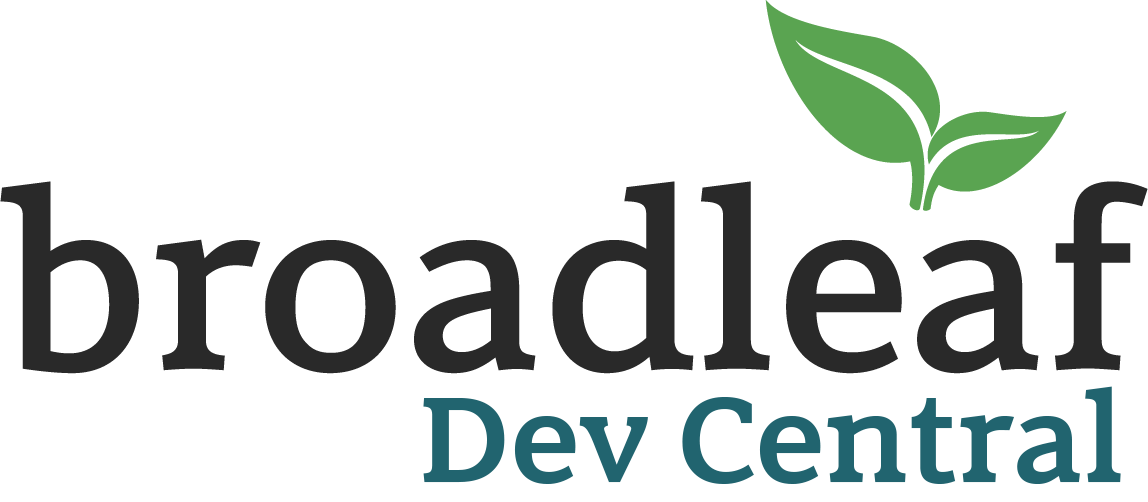spring:
cloud:
stream:
bindings:
persistenceOutput:
triggeredJobEventInputPurgeSandbox:
group: shipping-purge-sandbox
destination: triggeredJobEvent
broadleaf:
transitionrequest:
enabled: true
changesummary:
notification:
active: true
tracking:
sandbox:
purge:
enabled: true- v1.0.0-latest-prod
